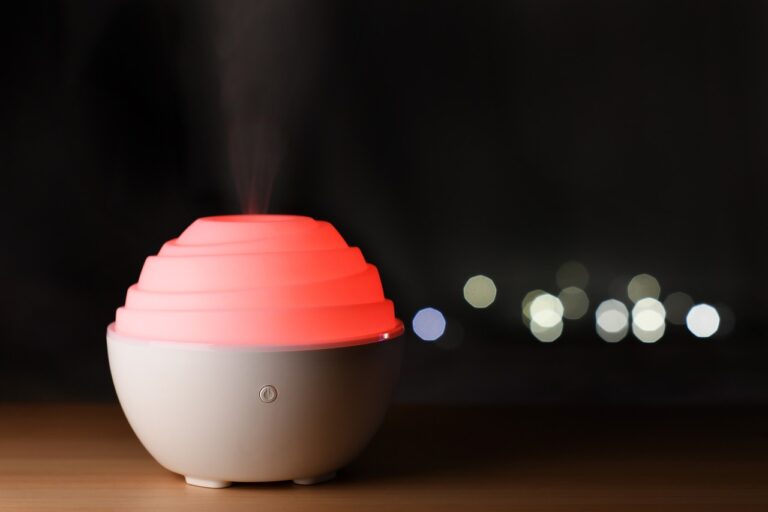Biosensors: Innovations in Diagnostic Testing: Laser 247 book, Silverexch com, 11xplay
laser 247 book, silverexch com, 11xplay: Biosensors: Innovations in Diagnostic Testing
In today’s rapidly advancing world of technology, the field of diagnostic testing has seen significant innovations with the emergence of biosensors. These incredible devices have revolutionized the way we detect and monitor various diseases and health conditions. From glucose monitoring for diabetes management to detecting infectious diseases, biosensors are changing the game when it comes to healthcare.
What are biosensors?
Biosensors are analytical devices that combine a biological element with a physicochemical detector to produce a measurable signal. These devices are designed to detect specific biological responses or interactions and are widely used in healthcare for diagnostic purposes. By harnessing the power of biological molecules such as enzymes, antibodies, or DNA, biosensors can provide quick and accurate results for a variety of tests.
The benefits of biosensors
One of the key advantages of biosensors is their ability to provide real-time monitoring of biological processes. This means that healthcare professionals can quickly assess a patient’s condition and make informed decisions about their treatment. Additionally, biosensors are often portable and easy to use, making them ideal for point-of-care testing in remote or resource-limited settings.
Innovations in biosensor technology
Over the years, scientists and researchers have made significant advancements in biosensor technology. For example, new materials and nanotechnology have allowed for the development of more sensitive and selective biosensors. Additionally, the integration of wireless technology has enabled continuous monitoring of patients, providing valuable data for personalized healthcare.
Applications of biosensors
Biosensors have a wide range of applications in healthcare, from disease diagnosis to monitoring treatment effectiveness. Some common uses of biosensors include glucose monitoring for diabetes management, detection of infectious diseases such as COVID-19, and monitoring of cardiac biomarkers for heart health. With further research and development, the potential for biosensors in healthcare is limitless.
The future of biosensors
As technology continues to advance, the future of biosensors looks promising. Researchers are exploring new ways to improve the sensitivity and specificity of biosensors, as well as ways to integrate them into wearable devices for continuous monitoring. With the potential to revolutionize healthcare diagnostics, biosensors are poised to play a significant role in the future of medicine.
FAQs
What are some challenges facing biosensor technology?
While biosensors offer many benefits, there are still challenges to overcome. These include issues with sensor stability, interference from other compounds in the sample, and the need for more rigorous validation studies.
How accurate are biosensors compared to traditional diagnostic tests?
Biosensors can be just as accurate as traditional diagnostic tests, if not more so in some cases. However, like any testing method, the accuracy of biosensors depends on proper calibration and validation.
Are biosensors available for home use?
Yes, there are biosensors available for home use, such as glucose meters for diabetes management. These devices are typically easy to use and provide quick results for self-monitoring.







